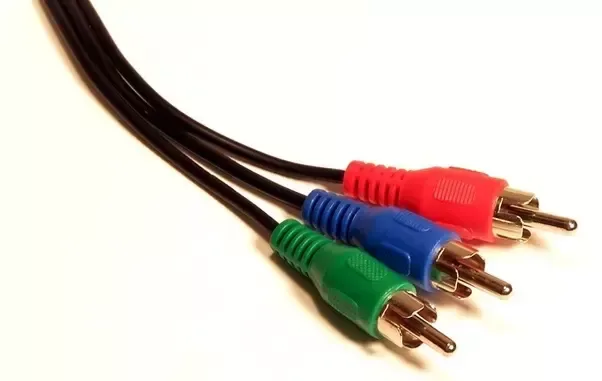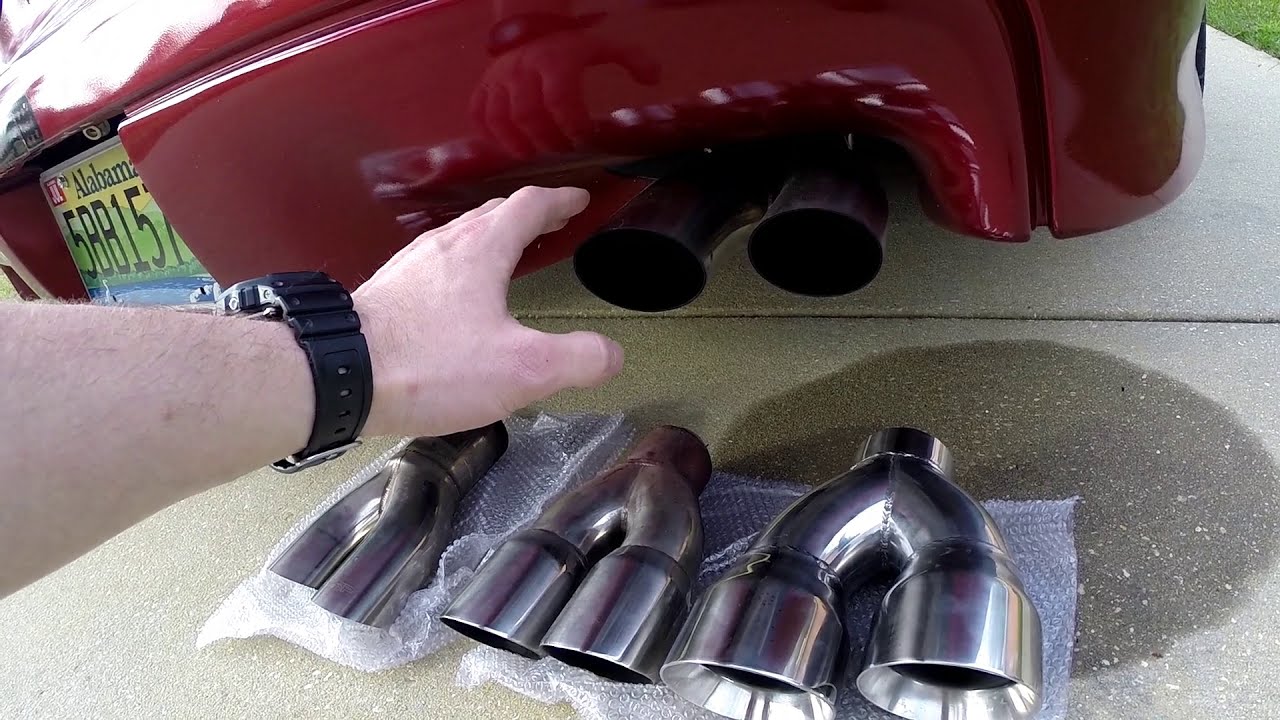The Importance of Car Audio RCA Cables Maximizing Your Sound System
Have you ever been cruising down the road, blasting your favorite tunes through your car's audio system, only to notice a drop in sound quality or strange interference? It's frustrating, to say the least. But have you considered that the culprit may be your car audio RCA cables?
In this article, we'll dive into the world of car audio RCA cables and why they are an essential component of any sound system. From understanding what RCA cables are to how to choose the right ones for your car, we'll cover everything you need to know to optimize your car's audio experience.
1. What are Car Audio RCA Cables?

Basic Definition
Let's start with the basics - what exactly are car audio RCA cables? RCA stands for "Radio Corporation of America" and refers to the type of connector used in these cables. They are also commonly known as phono cables, as they were originally designed for use in phonograph equipment.
In terms of their function, RCA cables transmit analog audio signals between electronic devices. In the case of car audio systems, RCA cables connect the head unit (or receiver) to external amplifiers, subwoofers, and speakers.
Types of RCA Cables
Now that we know what RCA cables are, let's take a closer look at the different types available for car audio systems.
- Standard RCA Cables: These are the most commonly used RCA cables and come in a variety of lengths. They have two connectors on each end - one for the left audio channel and one for the right.
- Coaxial RCA Cables: These cables have an additional layer of shielding, making them less prone to interference and providing better signal transmission.
- High-End RCA Cables: These cables are designed for audiophiles and are made with premium materials such as gold-plated connectors and oxygen-free copper wiring. They offer improved sound quality but come at a higher cost.
Importance of Quality RCA Cables
Choosing the right type of RCA cables for your car audio system is crucial as they have a direct impact on sound quality. Poor quality cables can cause interference, result in distorted sound, and even damage your equipment over time.
2. How to Choose the Right RCA Cables for Your Car

Length
When choosing RCA cables for your car audio system, the first thing to consider is the length. It's important to measure the distance between your head unit and external components to ensure you purchase cables that are long enough.
It's always better to choose longer cables rather than shorter ones, as you can always wrap up excess cable if needed. Short cables can limit your options for placement and may cause strain on the connections.
Quality
As mentioned earlier, the quality of your RCA cables is essential. Look for cables with high-quality insulation, sturdy connectors, and good shielding to minimize interference and maximize sound quality.
If you're looking for the best possible sound experience, investing in high-end RCA cables may be worth it. However, for most car audio systems, standard RCA cables will suffice.
Compatibility
Another factor to consider when choosing RCA cables is compatibility. Make sure the cables you choose are compatible with both your head unit and external components. This includes checking for the correct types of connectors and ensuring the cables can handle the power output of your system.
3. Proper Installation of Car Audio RCA Cables

Step-by-Step Guide
Once you have chosen the right RCA cables for your car audio system, it's essential to properly install them to ensure optimal performance. Here is a simple step-by-step guide to installing RCA cables:
- Locate the RCA outputs on your head unit and connect the corresponding end of the RCA cables.
- Run the cables through the car's interior, making sure to avoid any sharp edges or hot components that could damage them.
- Connect the other end of the RCA cables to your external amplifiers, subwoofers, and speakers.
- Secure the cables in place using zip ties or cable clips to avoid any movement or interference.
- Test the sound quality and make any necessary adjustments.
Additional Tips
Here are a few additional tips to keep in mind when installing RCA cables:
- Use high-quality connectors and cables to avoid any issues with signal transmission.
- Keep the cables organized and away from heat sources to prevent potential damage.
- Regularly check your connections for any signs of wear and tear and replace the cables if needed.
4. Common Misconceptions about Car Audio RCA Cables
Myth
1: All RCA Cables are the Same
As we've discussed, there are different types and qualities of RCA cables available. Choosing the right ones for your car audio system can significantly impact your sound experience.
Myth
2: More Expensive Cables Always Produce Better Sound
While higher-end RCA cables may result in improved sound quality, it's not always necessary to spend a lot of money on them. Standard RCA cables can often provide adequate performance for most car audio systems.
Myth
3: All Interference is Caused by Poor Quality Cables
While poor quality RCA cables can cause interference, they are not always the sole culprit. Other factors such as faulty connections, ground loops, and electromagnetic interference can also contribute to sound issues.
FAQs About Car Audio RCA Cables
Q: Can I use regular audio cables instead of RCA cables?
A: No, regular audio cables will not work for car audio systems as they do not have the same connectors and shielding as RCA cables.
Q: Do I need RCA cables for my factory-installed car audio system?
A: It depends on the type of system you have. Some factory-installed systems may already have RCA cables built-in, while others may require them to be added for external components.
Q: Can I use one RCA cable for both left and right audio channels?
A: No, each channel requires its own RCA cable for proper sound transmission.
Q: How do I know if my RCA cables are causing interference?
A: If you notice a drop in sound quality or strange noises coming from your speakers, it could be a sign of interference caused by poor quality RCA cables.
Q: Do I need to replace my RCA cables often?
A: As long as they are properly installed and maintained, RCA cables should last for a long time. However, if you notice any signs of wear and tear, it's best to replace them to avoid any potential issues.
Conclusion
Car audio RCA cables are an essential component of any sound system, connecting the head unit to external amplifiers, subwoofers, and speakers. Choosing the right cables, installing them properly, and understanding common misconceptions about them can greatly improve your car's audio experience.
Investing in high-quality RCA cables and regularly checking and maintaining your connections can ensure optimal sound quality and prevent any potential issues. So next time you're jamming out in your car, remember the importance of those little RCA cables working behind the scenes.



